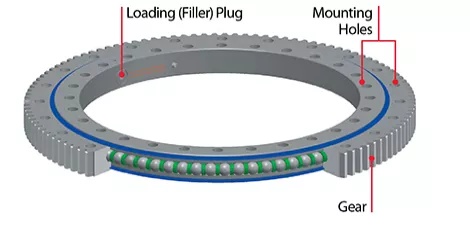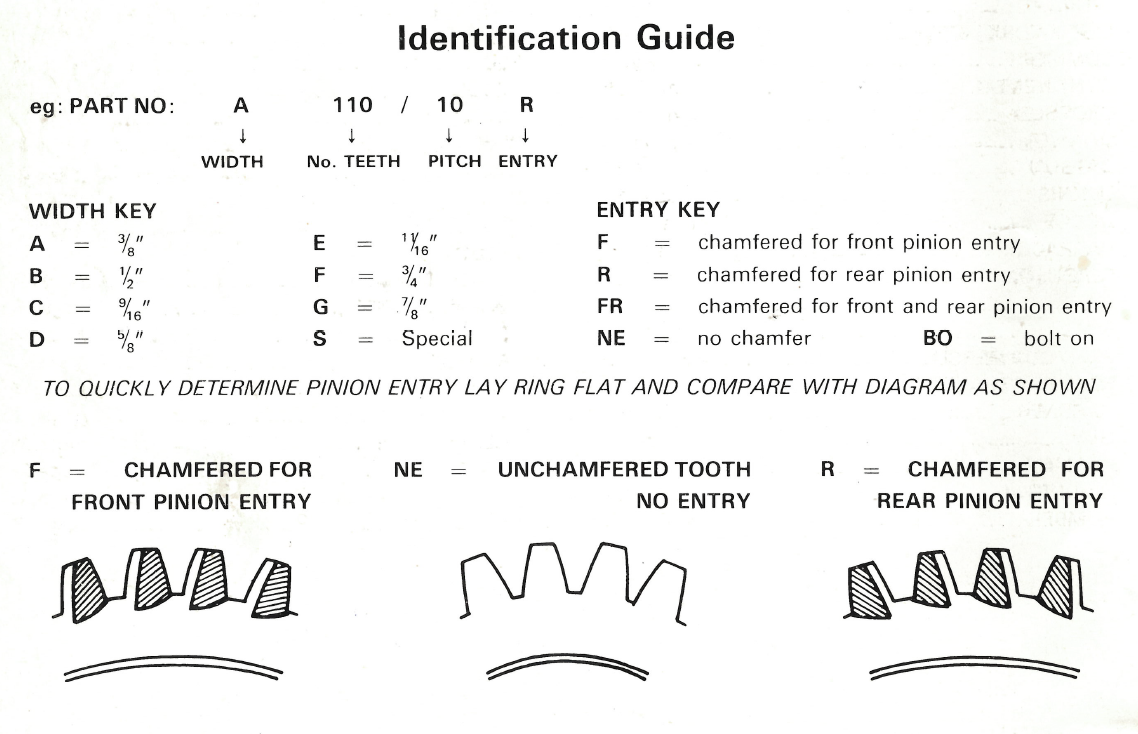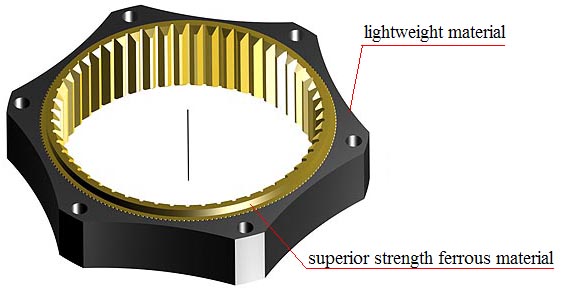Big ring gears are an essential component in various industrial applications, including heavy machinery, mining equipment and wind turbines. The process of manufacturing big ring gears involves several crucial steps to ensure their quality, durability, and precision.
1. Selection of high-quality raw materials. Typically, manufacturers use alloy steel or carbon steel to ensure the gears can withstand heavy
loads and harsh operating conditions. The chosen material is then carefully inspected for any defects or impurities before being processed
further.
2. Undergoes a series of machining processes to shape it into the desired form. This includes turning, milling, and drilling to create the
basic structure of the big ring gear. Precision machining is crucial at this stage to ensure the gear’s dimensions and tolerances meet the
required specifications.
3. Heat treatment. This process is essential for enhancing the mechanical properties of the big ring gear, such as hardness and strength.
Heat treatment methods like carburizing, quenching, and tempering are employed to achieve the desired material properties, ensuring the
gear can withstand heavy loads and resist wear and fatigue.
4. Undergoes a series of finishing processes, including grinding and honing. These processes help to achieve the required surface finish and
accuracy, ensuring smooth and efficient operation when the gear is in use.
5. Subjected to rigorous quality control measures to ensure it meets the specified standards. This includes dimensional inspections,
material testing, and non-destructive testing to identify any defects or irregularities.
In conclusion, the manufacturing process of big ring gears involves several critical steps, from material selection to precision machining,
heat treatment, finishing, and quality control. Each step is essential in ensuring the final product meets the stringent requirements for
durability, precision, and reliability in industrial applications.
Post time: May-24-2024







